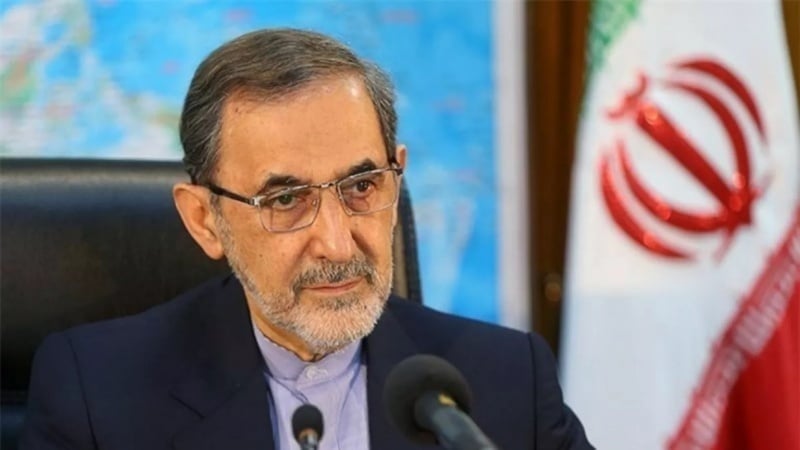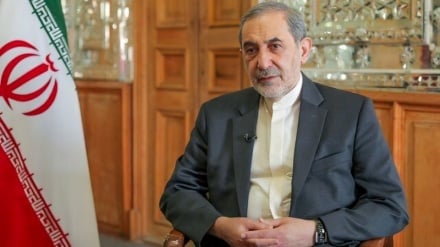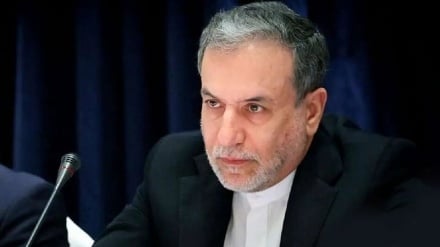What are Iran’s strategic objectives in countering interventionist plans in Caucasus?
-

Ali Akbar Velayati, the international affairs advisor to the Leader of the Islamic Revolution
Pars Today – The Zangezur Corridor plan, pursued with the support of certain extra-regional powers, is ostensibly a transit project aimed at connecting Nakhchivan to the Republic of Azerbaijan. However, from Iran’s perspective, it represents a geopolitical threat with broad security, economic, and political consequences.
Ali Akbar Velayati, the international affairs advisor to the Leader of the Islamic Revolution, issued a warning to some regional and extra-regional governments in response to the renewed push for the “Zangezur Corridor.” Emphasizing that Iran does not turn a blind eye to its own interests or those of the region, he stated that any attempt to pursue illegitimate objectives in the South Caucasus would meet with a firm Iranian response. Velayati stressed: “Any government, whether within the region or outside it, that seeks to repeat failed past experiences, will face a strong reaction from Iran.”
Iran’s opposition to this project goes beyond a simple border dispute and is rooted in deep geopolitical, security, and historical concerns. Due to its unique location in the South Caucasus, Iran has consistently sought to play an active role in regional developments. Its land connection to Armenia through the Syunik Province is Iran’s only access route to European and Caucasian markets. Implementation of the Zangezur Corridor without Armenian oversight would sever this path and deprive Iran of the region’s economic benefits.
Iran is not opposed in principle to the reopening of regional transport routes, but insists that this must respect Armenian sovereignty and not threaten Iranian interests. The Zangezur Corridor is more than a transit path — it is a geopolitical project with long-term objectives and extra-regional interference, primarily guided by the United States. In response, Iran is working to counter this tension-inducing project by strengthening ties with Armenia, initiating joint investments, and preserving the current border status to safeguard its interests.
The South Caucasus region holds strategic importance for the Islamic Republic of Iran due to its economic potential and geopolitical position. If implemented, the Zangezur Corridor could lead to changes in regional geography, increased instability, and a platform for joint conspiracies by the American-Zionist axis.
In the face of such projects, Iran pursues objectives and plans focused primarily on preserving national security, territorial integrity, and its geopolitical standing in the region. To enhance its economic position against the imposition of the Zangezur Corridor, Iran has proposed a set of practical and diplomatic strategies that could play an effective role in safeguarding national interests and boosting both national and regional economic status.
These plans include: Developing alternative routes and investing in transit paths through Chabahar Port in Sistan and Baluchestan Province, Anzali Port in Gilan Province, and rail routes to Central Asia and Russia.
Another key element in Iran’s economic objectives and plans is the signing of trade and joint investment agreements aimed at strengthening bilateral economic relations, along with the establishment of free trade zones at the Nordooz border with Armenia to facilitate commerce and counter the negative impacts of the Zangezur Corridor.
In recent years, the Islamic Republic of Iran has also made significant investments in its communication and transportation infrastructure, leading to the expansion of rail and road networks in the country’s northwest and increased freight capacity.
Through a comprehensive process, and considering its membership in the Shanghai Cooperation Organization (SCO) and BRICS, Iran views engagement with Russia, India, and China, and the formation of economic coalitions, as an effective approach to counter the influence of the American-Western axis in the Caucasus. Utilizing the capacities of the Economic Cooperation Organization (ECO) to foster regional convergence is also part of Iran’s agenda to increase regional cooperation.
Though the Zangezur Corridor may appear to be a mere transit project, in reality, it is part of a complex and well-planned scenario that could undermine Iran’s economic position in the region. By implementing a multi-layered operational roadmap — including active diplomacy, infrastructure development, export diversification, and strengthening its role in the global energy market — Iran can not only neutralize the threats posed by this plan but also create new opportunities for economic growth and solidify its regional standing.
The implementation of this roadmap will not only shield Iran from the geopolitical threats of the Zangezur Corridor, but also enhance the country's economic stature in the Caucasus, Central Asia, and Eurasia.
This strategy combines smart diplomacy, infrastructure expansion, and a long-term outlook toward emerging markets.
MG


